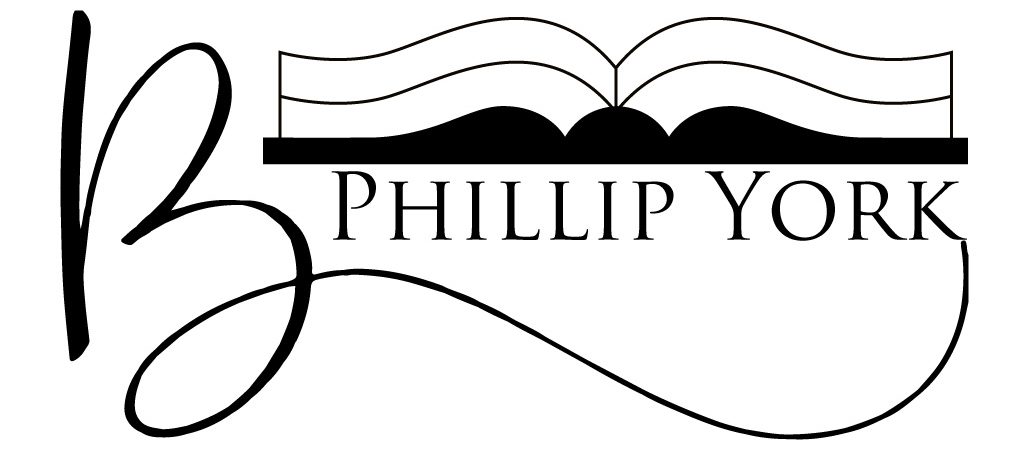There’s a saying, one of those rules of writing
“Write what you know”.
This is one of those pieces of writing advice that is both great, and terrible. Writing something that you know, for instance, a job can lend an amazing amount of verisimilitude to your work. Things like jargon, or job procedures, details about how specific processes work in a day to day operation, can make something seem very real. Often these facts will be intuitive or counter-intuitive, but also the sorts of things that people simply wouldn’t have occurred to them. When reading a narrative and someone seamlessly discuses the process of cleaning rice, wetting and cooking that rice, adding vegetables, preparing a sauce, slicing fish, laying out Nori, rolling the mat and all the many steps of making sushi, perhaps interspersed with an inner monologue or a series of character-revealing observations, the illusion of realness can be enhanced quite effectively.
You could write this because you “know it” or because you researched it and tried it. You don’t have to be a sushi chef. This is one of the wonderful things about the modern internet and the ubiquity of information.
However, there is a deeper more pernicious kind of “writing what you know” and that’s fundamentally a question of writing people like yourself. In the Writing the Other series of classes and the book, the idea of the unmarked state is presented. A person in the unmarked state is what we think of as a default, or generic, or average person. In the United States this is generally a person who is racially Caucasian, and specifically Western European, of the male sex, and likewise, the male gender, whose sexual orientation is straight and binary, and is physically capable. This is in fact not average. If we truly chose a representative average (modally), for example, it would be a person whose sex is female. But such is the nature of the cultural narrative and the zeitgeist.
This is a very powerful idea, for a number of reasons. When you close your eyes and someone says “picture a person” this is what most people see. And when we think about representation and difference, we often think of differences from the “norm”. This is misleading because of course is it more different from straight to be gay or bisexual? Or are both one degree of separation? Is it more different to be physically handicapped, or from a different religion?
There can also be a kind of very checkboxy logic that evolves from this kind of analysis of the unmarked state, particularly in the commercialization of art. A commercial interest may overly logically decide to include a cast of characters that are “diverse” because they are all at one degree of separation from the unmarked state. So you’ll have a straight black man, and a straight white woman, and a gay white man. But no characters that are intersectional are ever represented. But in truth, there are lesbian Latinas and handicapped native-Americans, and they too have stories worth telling.
Sometimes writers attempt this, attempt writing the other, and they fail. They fail spectacularly, or miserably, or barely, but even so, they fail. And they are criticized. Some are ostracized, others maligned. Part of the problem is that everyone thinks they are open-minded, and even devout and avowed racists think that racism is just scientific fact. In the time of “cancel culture,” it can be particularly worrisome to get accused of being a bigot or a racist. For some that might be reason enough to stay in their lane.
This tendency, in and of itself, is racist. And it reinforces racist stereotypes and prevents the stories of marked people from being told. And the truth is, you are always writing the other. Even writing an autobiography of yourself that you intend no-one else to ever read, you are really writing your past selves stories to your future self. The continuity of experience and identity is illusory.
All writing is ultimately an attempt to create a bridge between two disparate consciousnesses. Writing only has meaning in a collaborative act between a writer and a reader. And that reader is not you. Is, fundamentally other, no matter how nominally similar they may seem.
If art has any pretense of meaning, then it’s an attempt to understand, explain, and reinterpret the human experience, and that human experience includes non-white, non-straight, non-abled, non-christian peoples unless you’re of a particularly nasty bent. So you really ought to take the risk, get out of your lane and stay out of it, because in truth your “lane” doesn’t really exist.
your “lane” doesn’t exist.

